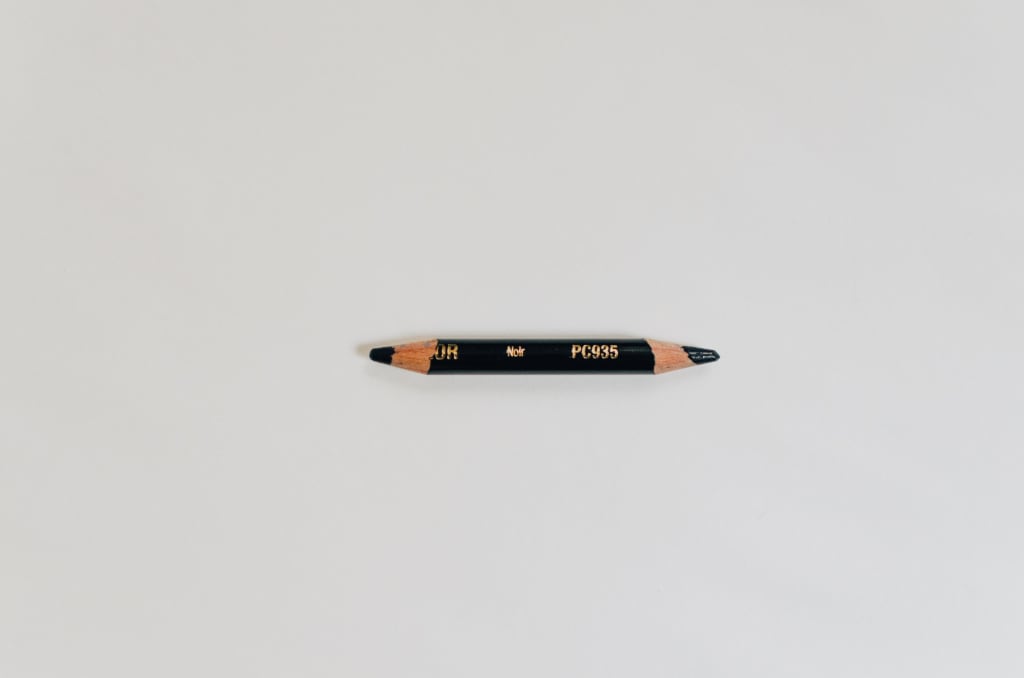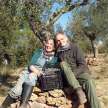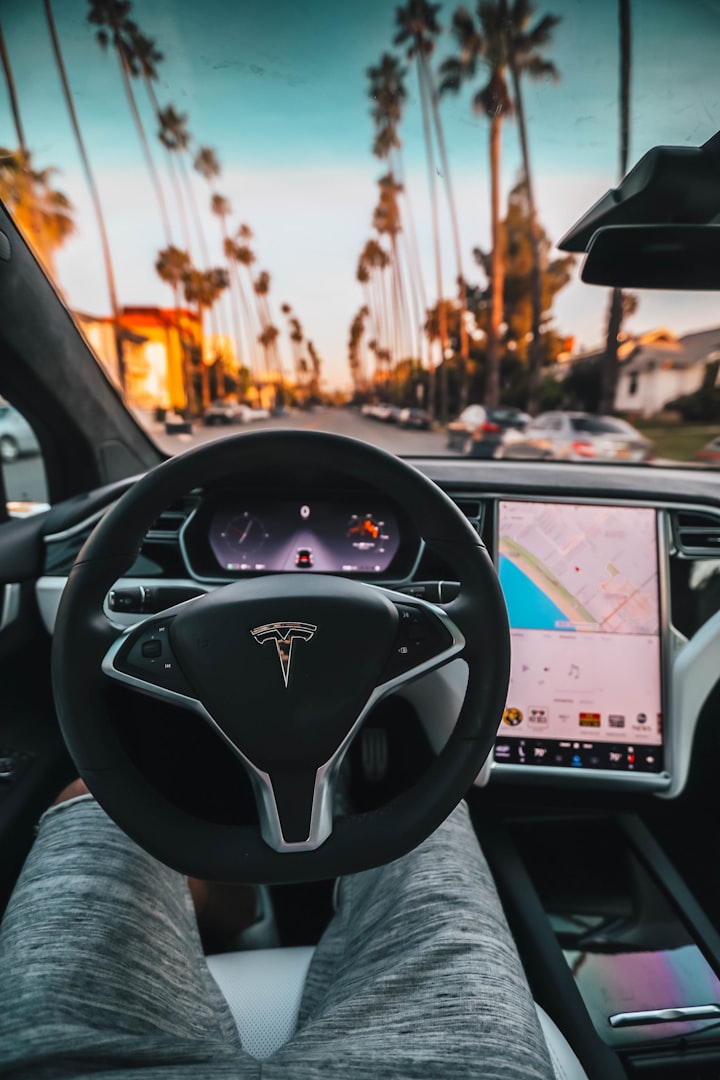
No words, just the relentless city and the vapour of breath.
He led me, in slow motion, just like he blinked and spoke. With a fat plastic bag in one hand and rucksack on his bent back, he walked round the corner into the condemned shopping mall. He wouldn’t let me carry. His head panned calmly left and right, absorbing; blue-eyes circled by cropped grey hair and stubble; his acute consciousness palpable, because of what I knew.
Samuel must have been at least 70. He was no taller than me, five foot six, angular, undoubtedly thin but bulked by clothes that smelled of stark realities. His gait was short and slightly pigeon-toed, with worn, lob-sided heels. Nothing quite fitted, except him, in that place at that moment.
He didn’t want me to talk to him at the crowded Salvation Army day centre. “Come,” he had said. It was about a hundred cracked paving slabs to the cafe wedged between a taxi office and a boarded-up hair salon. Gleaming flats and offices would soon rise here in Elephant and Castle, a mile south and a world away from Westminster. Wind funnelled the echoes of traffic through the maze of chipboard walls, past what few businesses were clinging on.
Samuel peered in through the condensation, then pushed at the cafe door with his back. I followed into the heavy smell of fried food and coffee. Five people. He froze. Nobody turned. The short round woman beyond the laminated counter, sleeves rolled, tired of it, gestured with her head for us to sit by the window.
I watched him slowly eat half the white bread bacon sandwich. His hands, like his face and his book were ingrained with stories. I tried to talk, to tell him. He said nothing. He just kept sliding his gaze from his plate to the black book I had put on the table between us.
Finally he looked at me, mapping me, then started to get up.
“No Samuel. Sit, please. I haven’t really begun – I have to talk to you. And you haven’t said anything. Nothing.”
“I’ll lose my spot. You said you wanted the book.” He pushed it back to me. “Have it.”
“But you understand why? Don’t you? It’s.... incredible. Every page tells a story and –“
“You said that.”
“Yes, but... Sit, please. I need to tell you something really important. Please.”
He sank back.
“Thank you. Tell me first, where did you get it?”
“Salvation Army. They are always giving stuff. Good people. Blankets. Food. Bookshelf, a book with no words.”
“And the pencils?”
“I asked. They got them.”
I picked up his book, carefully, with two hands.
“Do you remember when you lost it?”
He shrugged. “One night I had it. The next morning I didn’t.”
“These people in here, are they-“
“Were. Dead some of them. Most soon will be.” His thoughts wandered away. After several deep breaths they came back. “ What – are they like me, you mean? Homeless? All of them. That’s the point. I did it for them.”
“I understand.”
He lent forward. “No you don’t. You can’t. Oh, you can help. You can pity. You can try and change it, but you’ll never understand, what it feels like to be invisible or, worse, ignored. Most people don’t want to see. They can’t look this city in the eye.”
The words hung in the air.
Samuel sighed and sat back. He studied me. “Have you ever been drawn? Painted?”
“Yes, I have.”
“It’s a feeling isn’t it?”
“Indescribable.”
A faint nod.
I understood. “You gave that to them.”
He stared out of the window.
“You have a remarkable – exceptionally rare – gift, Samuel.” His head and eyes slowly turned back to me. “Look, I need to tell you something.”
He said nothing.
“I told you I run a gallery. What I didn’t say was I studied portraiture at the Royal Academy.” Now I lent forward. “I know what this is, how important this is. Whoever left it for me knew too. That is why I had to find you. Not so difficult with such a paper trail. You are well-known; the man with the book.”
“So.”
“So. I want two things. I want to buy it-“
“It doesn’t have a price.”
“- and I want to commission a series of larger works, based on these-”
“No.”
“- an exhibition of new drawings, at my gallery, possibly at the Royal Academy too. I have shared it, with my colleagues. They see what I see. They have already offered space.”
“No.”
“You can use my studio, sleep there if you want. I am offering you a commission. Do you understand? As for the hundred drawings in here, I will pay £150 for each of these... I am offering you £15,000 now, Samuel.”
“Alright. I hear you. The book. It’s yours. Give the money to the shelter. They know how to change things.”
“And the –“
He held up his palms. “The book is all there will be.”
He rested his elbows on the table and closed his eyes. He rubbed his face with his hands then locked his thumbs under his chin and his fingers over his nose as if in prayer. Seconds passed. His hands fell away. He looked at me again, deeper still. He rose, swung the rucksack onto his back and picked up his bag.
I scrabbled for words. “Samuel... “ I stood up. “When can we meet again?”
He faintly shook his head. I raised my voice. “This is a unique record. You understand what I am trying to say, don’t you? Whoever left your book for me has changed everything.”
He stopped, put down the bag to open the door, wedged it with his foot, picked up the bag once more then turned his head, the final look from those blue eyes. A faint smile softened his sallow and, until then, unfathomable face. He blinked away and walked out.
I stared at the door, the empty chair. I slowly sat down again. Then it dawned. I put my hand across my mouth. I suddenly understood. Of course. Of course. The book. My gallery. It was you....
In a daze I went to pay. I gathered my things. I went out into the bitter air and shadows. He was gone.
Samuel Phelps died in St Thomas’s Hospital, London, of acute myeloid leukaemia on March 23rd, 2016, seven weeks after our one and only meeting. He was 57. He was one of nearly 7500 people rough-sleeping on London streets. Four years later that figure has risen to nearly 9000.
Thank you for visiting the National Portrait Gallery’s Samuel Collection.
We ask that you will take this leaflet to spread awareness of this invaluable perspective of London. On the back you will find a list of all the organisations seeking to help homeless people in the capital and across the country, and information on how you can support them.
The 100 framed portraits on display, each with names as listed by Samuel, are copies taken from the original black book which is in the glass cabinet at the centre of the room. We turn the page every day. Among the drawings is one self-portrait. Samuel is here too.
Isabel Wyatt - Curator






Comments
There are no comments for this story
Be the first to respond and start the conversation.